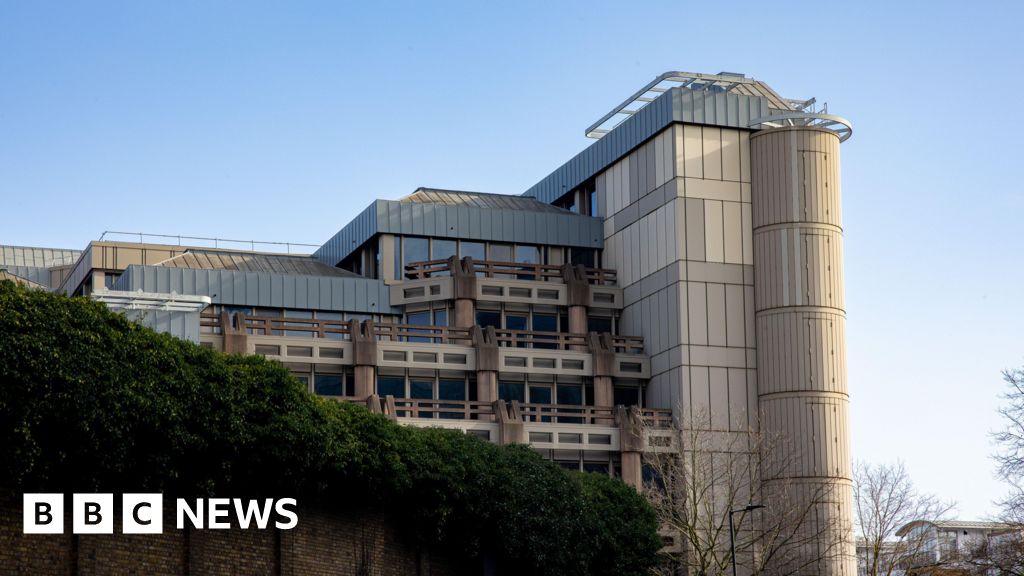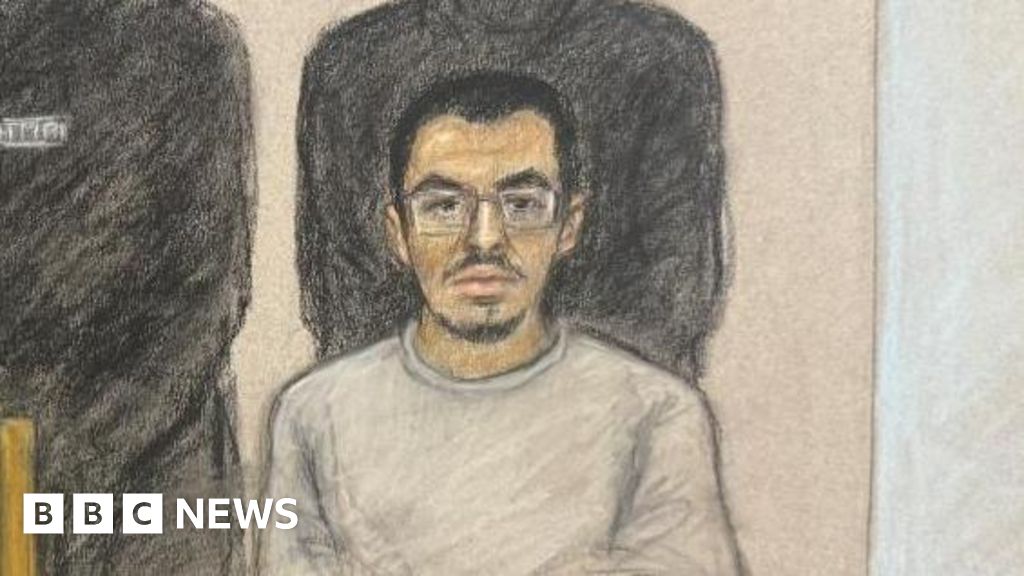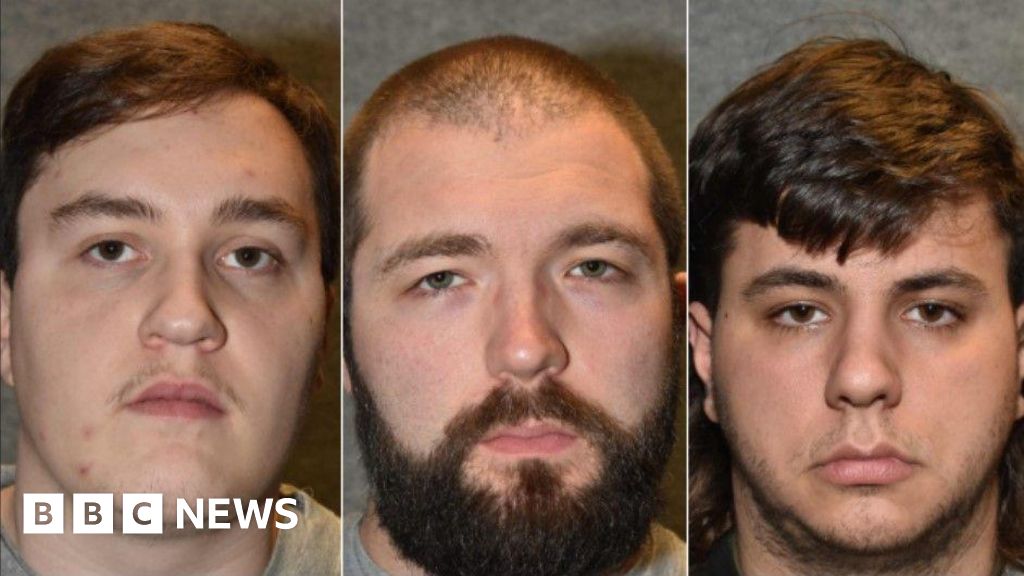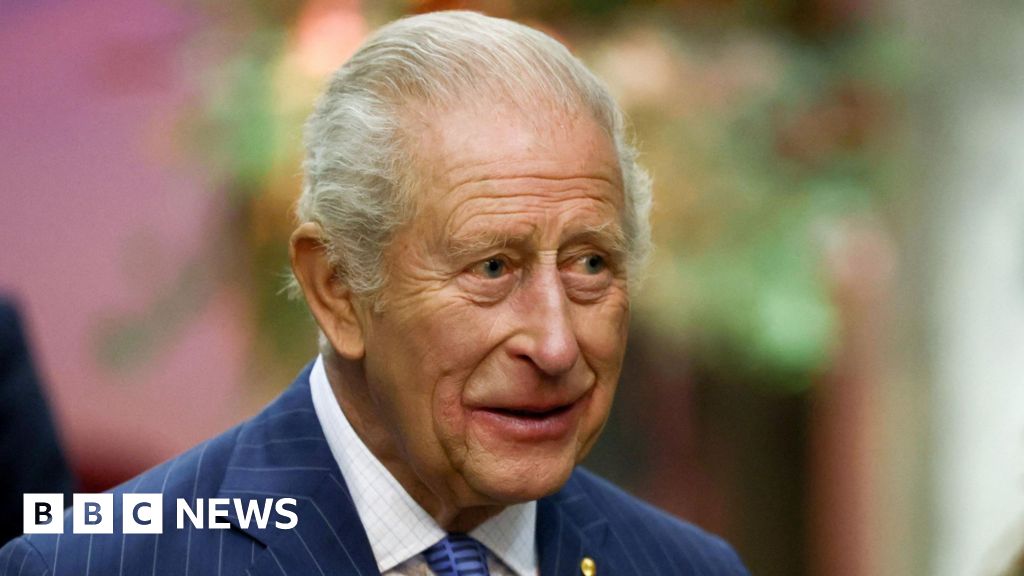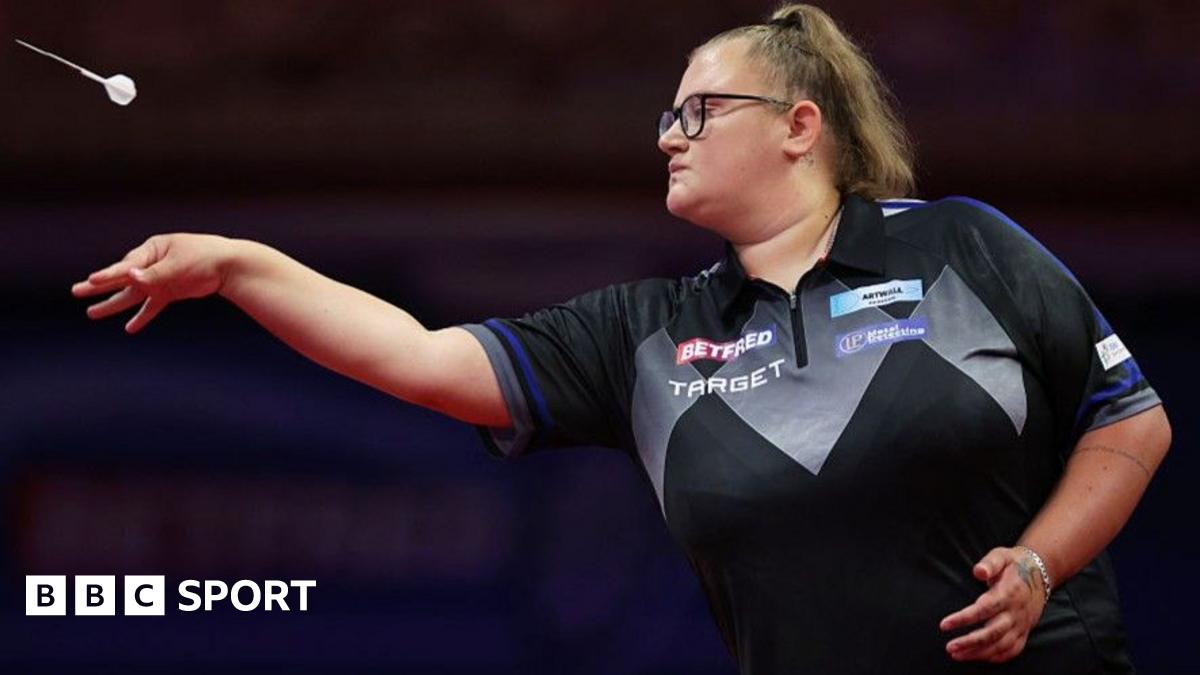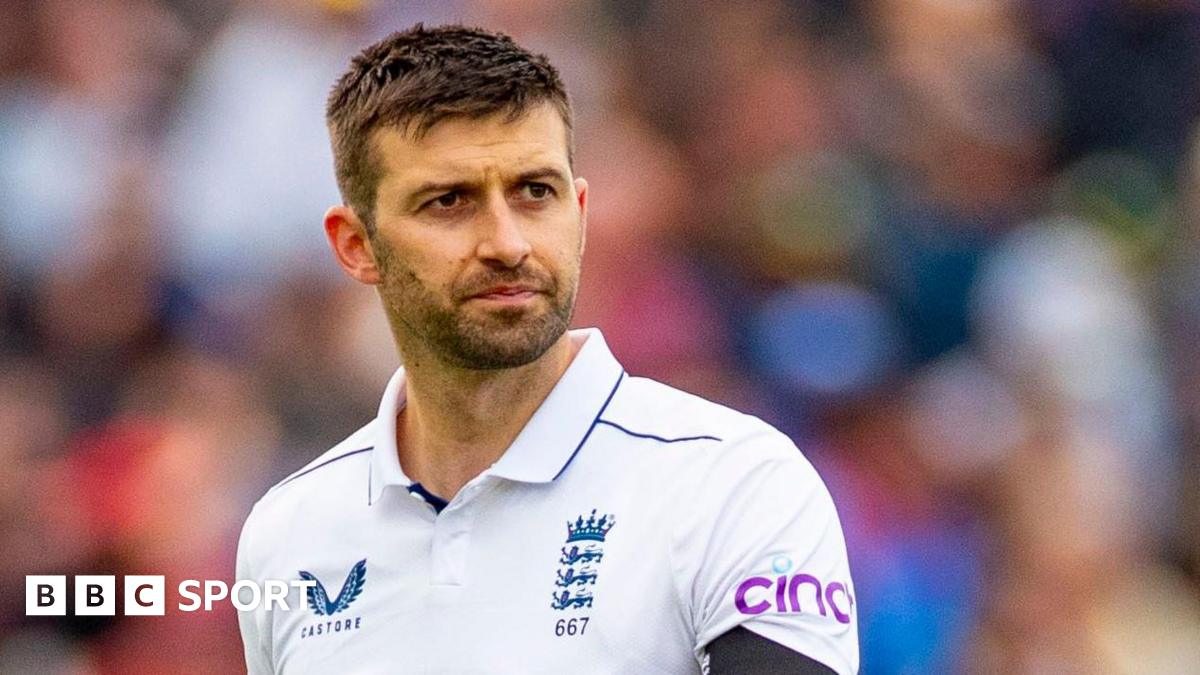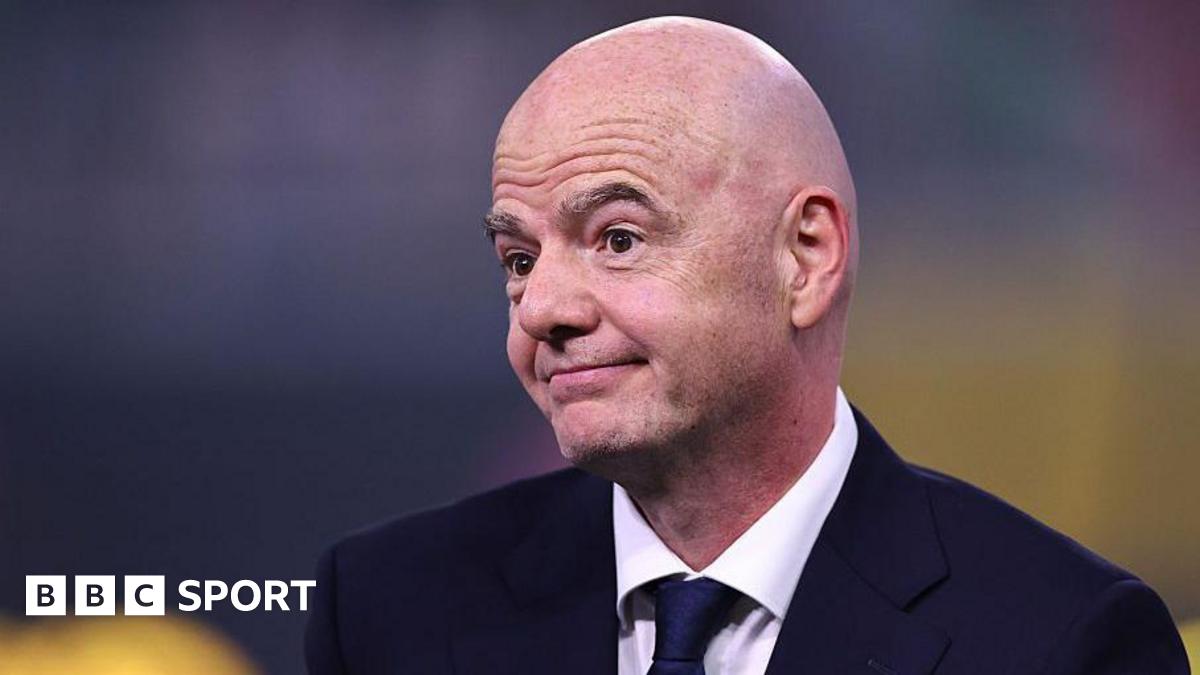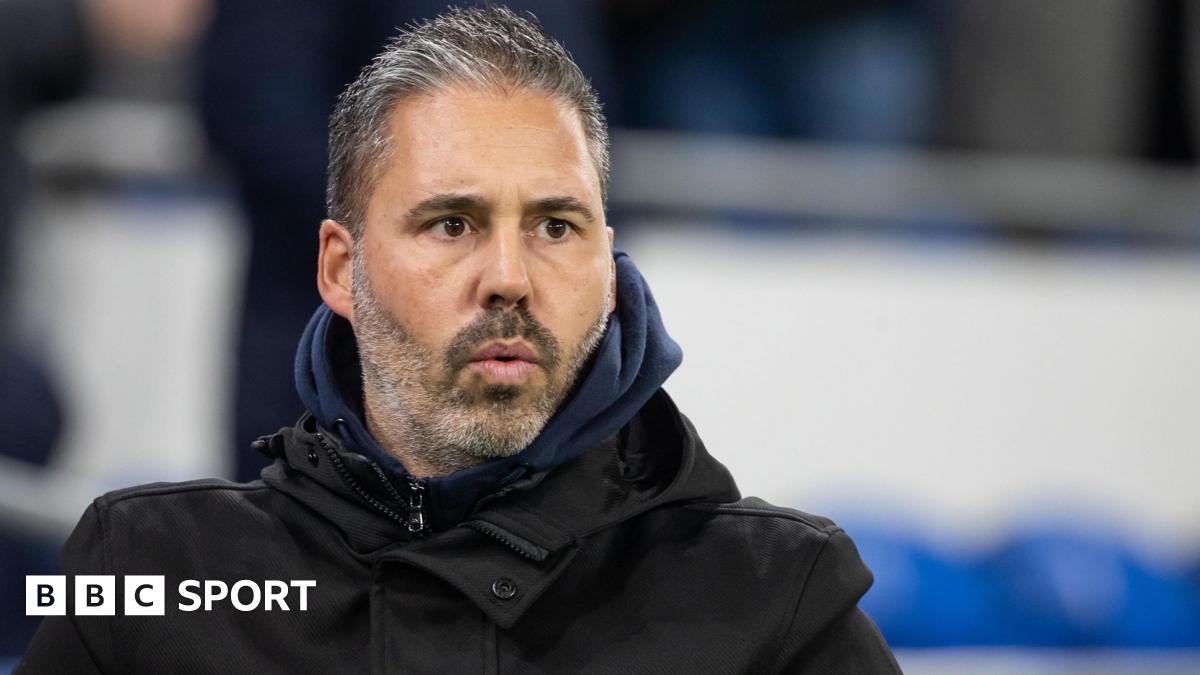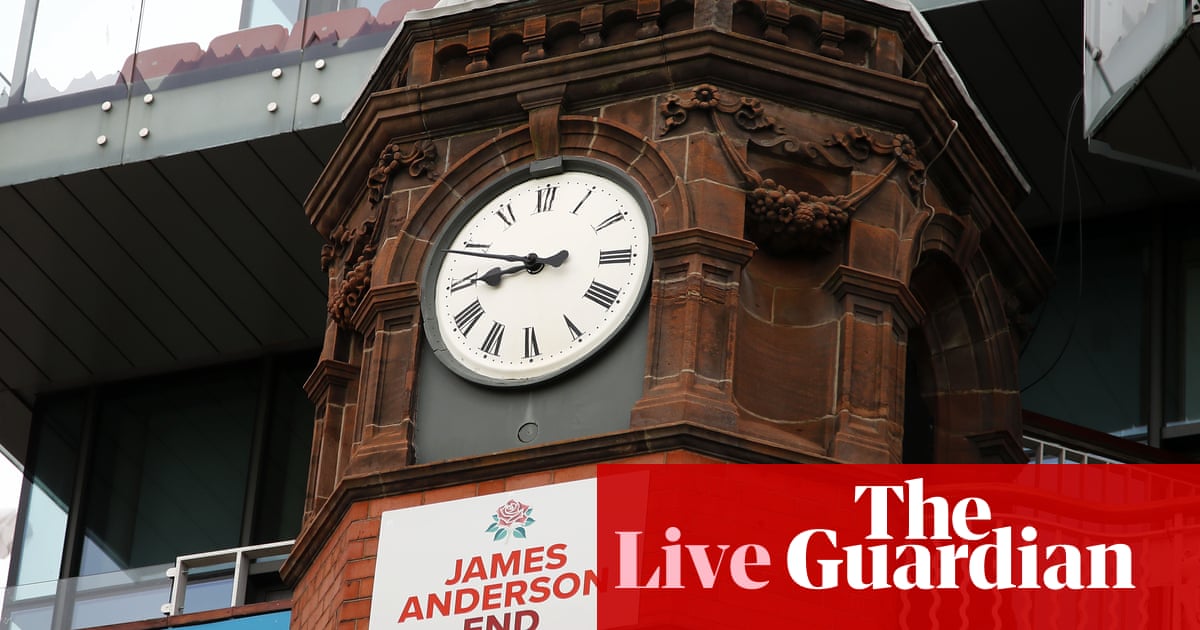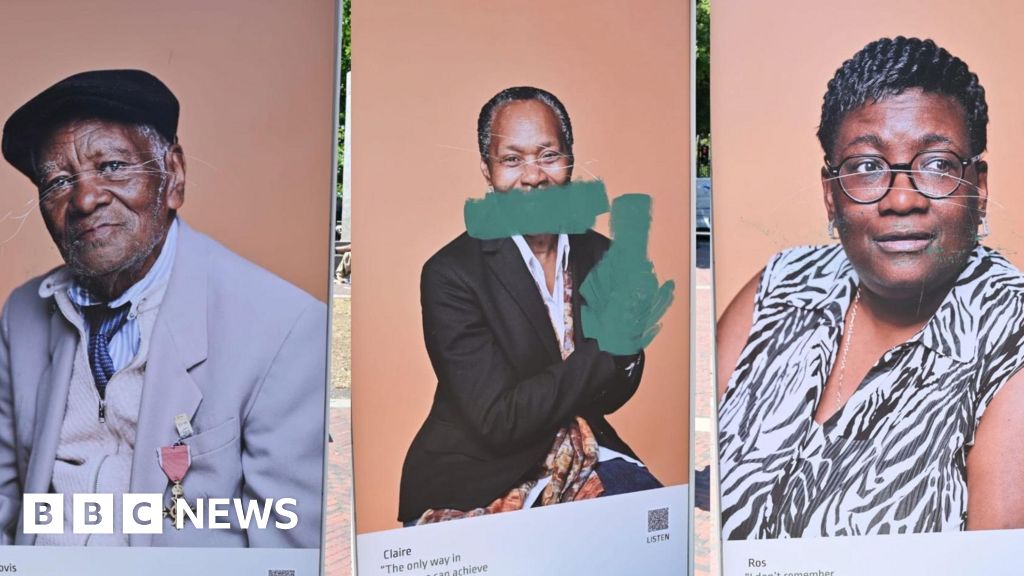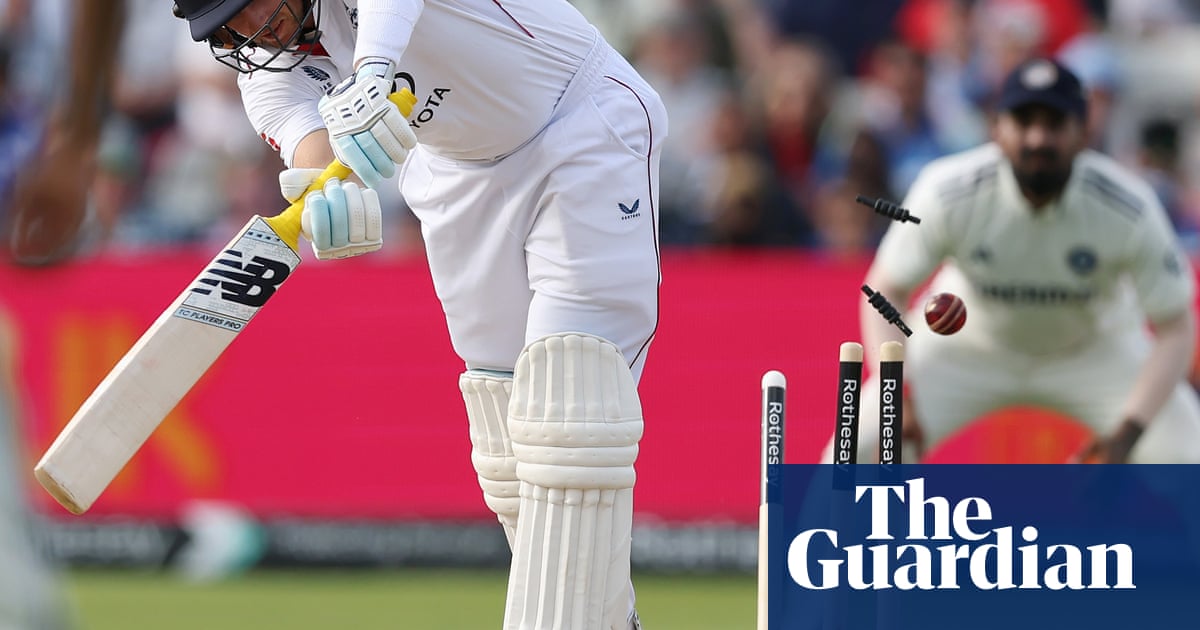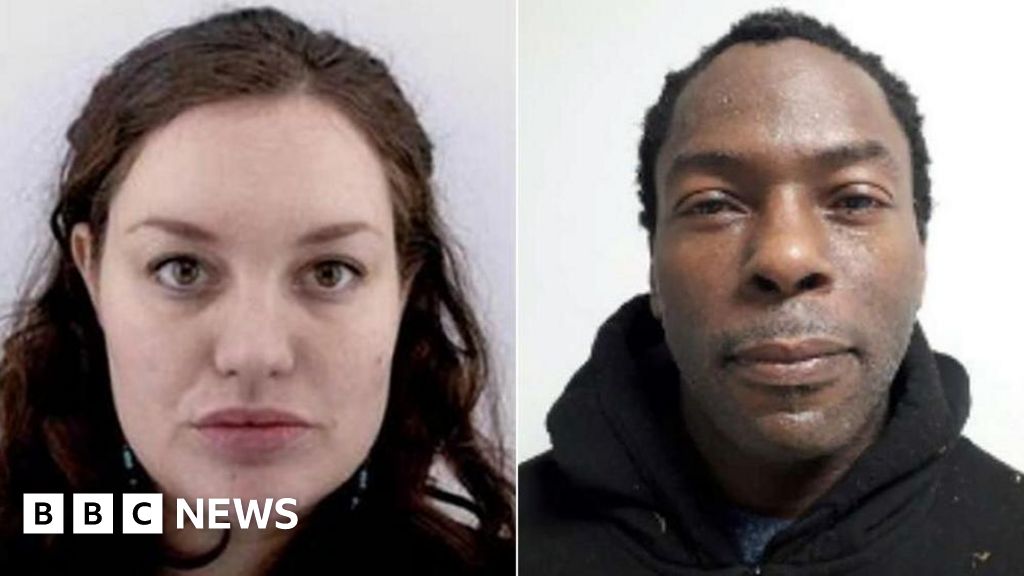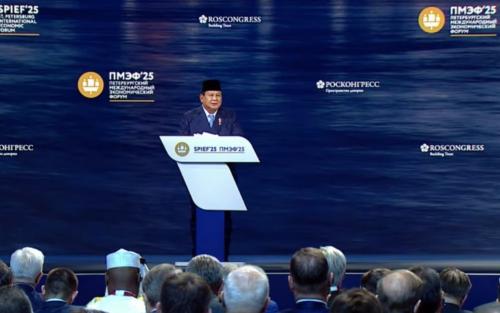Paul SeddonPolitical reporter

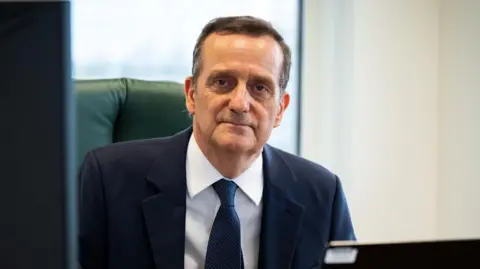 PA Media
PA Media
The director of public prosecutions is facing mounting pressure to further explain the collapse of a case against two men accused of spying for China.
MPs are demanding Stephen Parkinson give a "fuller explanation" of why charges against parliamentary researcher Christopher Cash, 30, and academic Christopher Berry, 33, were dropped last month. Both men deny the allegations.
Parkinson has blamed the collapse of the case on a failure by the government to provide enough evidence showing China was a threat to the UK's national security.
But calls for clarification have grown after the government published witness statements on Wednesday outlining the threat posed by Beijing.
The chairs of four parliamentary committees have given Parkinson, the boss of the Crown Prosecution Service (CPS), until Friday next week to answer a series of questions about why the case collapsed.
He is also likely to hauled before MPs to give evidence, with a joint national security committee of MPs and peers also launching a formal inquiry.
Labour MP Matt Western, who chairs the committee, said there were "many questions yet to be answered" by both Parkinson and the government.
Western added that the committee would hope to hear from "the government and officials" as soon as possible.
Another parliamentary group, the intelligence and security committee, has launched a separate probe into how classified material was used during the case.
Witness statements
Mr Cash and Mr Berry were charged last year under the 1911 Official Secrets Act, accused of gathering and providing information prejudicial to the safety and interests of the state between December 2021 and February 2023.
This legislation requires prosecutors to prove that suspects have passed on material that could be "directly or indirectly useful to an enemy".
In a letter to MPs last week, Parkinson said a court ruling in a separate case following the charges meant this included countries deemed to pose a "threat to the national security of the UK" at the time of the alleged offences.
He added that CPS lawyers had dropped the case after failing to obtain sufficient evidence from the government describing China to this effect.
It prompted a row with ministers, with Sir Keir Starmer saying he was "deeply disappointed" the prosecutions did not go ahead and taking the unusual step of publishing government witness statements given to the CPS.
The three statements, written by deputy national security adviser Matthew Collins, are clear that the Chinese are carrying out spying operations against the UK.
In the documents, he said China was carrying out "large scale espionage" against the UK and was "the biggest state-based threat to the country's economic security".
Binman to barrister
Parkinson met senior MPs on Wednesday, and is reported to have told them the government's evidence fell "5%" short of what would have been required to stand a chance of getting a conviction.
But some MPs have continued to question why the CPS did not deem it had enough evidence to continue the case.
It has thrust Parkinson, who was appointed director of public prosecutions in September 2023 under the previous Conservative government, into the heart of an abnormally public row with ministers.
The episode is especially unusual because Parkinson is himself a successor to Sir Keir, with the prime minister having led the CPS between 2013 and 2018, before he first entered Parliament two years later.
A former senior partner at law firm Kingsley Napley, Parkinson initially trained as a barrister before switching to become a solicitor in 2005.
In an interview in April, he described how he had initially not applied to university due to poor predicted grades, before deciding to reconsider after his actual results turned out to be better than expected.
He took a year out to apply to study law, during which he worked as a dustman, on a kibbutz and as a ballpoint pen salesman in South Africa.
Before his appointment as director of public prosecutions, he had been critical of Sir Keir's own time in the role, describing the now-prime minister as "an average DPP" in a May 2023 interview with The Times.
He was quoted as saying the Labour leader "was over-reliant on advice given by others; he had no in-depth experience of prosecuting… he was a defence and human rights lawyer".
.png)
 3 hours ago
1
3 hours ago
1
